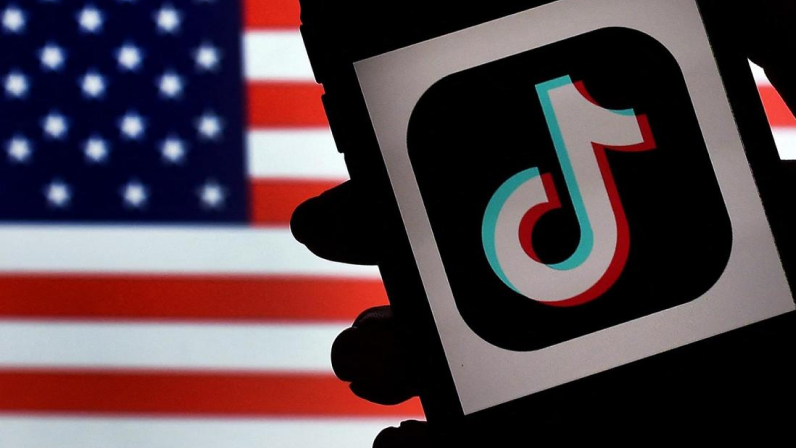The fate of TikTok in the United States hangs in the balance. A bill proposing to ban the popular video-sharing app has moved one step closer to becoming law, raising concerns about freedom of expression, economic impact, and the ongoing battle between the US and China’s tech sectors.
The bill proposes a ban on TikTok unless ByteDance divests its ownership. However, the path forward is unclear. The Senate hasn’t yet voted on the bill, and its prospects there are uncertain.
Here are some key points to consider:
- Senate Vote: The bill’s fate now rests with the Senate. If passed, it would then need to be signed by the President to become law.
- Challenges Likely: TikTok has indicated it will challenge the proposed ban, potentially sparking a legal battle that could delay or even prevent it.
- Economic Impact: A ban on TikTok could have significant economic consequences, impacting millions of users and content creators who rely on the platform for income and expression.
- Geopolitical Tensions: The situation reflects the broader geopolitical tensions between the US and China, with technology being a key battleground.
What’s Happening with TikTok Ban?
- House Bill: The House of Representatives passed legislation that could effectively ban TikTok in the US if it doesn’t sever ties with its parent company, ByteDance.
- National Security: The primary concern revolves around national security, with lawmakers fearing that user data could end up in the hands of the Chinese government.
- Uncertainty in the Senate: The bill’s future is uncertain in the Senate. If passed there and signed by the President, a ban would ensue.
- TikTok’s Response: TikTok strongly denies being a security threat and plans to fight back against the proposed ban.
FAQs on TikTok Ban
Q1: Why does the US want to ban TikTok?
A: US lawmakers are concerned about national security risks, alleging that TikTok’s Chinese parent company, ByteDance, could be forced to share user data with the Chinese government.
Q2: What happens if the TikTok ban passes?
A: If the bill passes the Senate and is signed into law, TikTok could be removed from app stores in the US. Existing users might lose access or some functionality may be restricted.
Q3: How is TikTok responding to the ban?
A: TikTok vehemently denies being a security threat and has pledged to fight the ban, potentially through legal challenges.
Q4: What are the alternatives to TikTok if it gets banned?
A: While no single platform is a perfect substitute, short-form video competitors like Instagram Reels, YouTube Shorts, and Triller could see increased popularity.
Q5: Could a sale of TikTok to a US company prevent the ban?
A: Potentially. If ByteDance were to sell TikTok to a US-based company, it could alleviate some security concerns. However, there’s no guarantee this would satisfy all lawmakers or prevent a future ban.
Q6: How does this ban affect TikTok creators and influencers?
A: A ban would be a major disruption for those who rely on TikTok for their livelihoods. Creators could lose their audience, income streams, and potential brand partnerships within the US market.
Q7: Are there any privacy concerns with using TikTok even if it’s not banned?
A: Like many social media platforms, TikTok collects user data. It’s important to be aware of their privacy policies and the information you share on the app, regardless of its potential ban status.
Q8: Could a TikTok ban set a precedent for banning other foreign-owned apps?
A: Some experts believe that a successful TikTok ban could embolden lawmakers to target other apps with ties to countries deemed adversarial, potentially affecting the broader tech landscape.
Q9: How long is a permanent ban on TikTok?
A: While TikTok uses the term “permanent ban”, it’s important to understand that bans aren’t always truly permanent. Under certain circumstances, even a permanently banned account might be reinstated. Here’s what you need to know:
- Appeals: TikTok does have an appeals process. If you believe your ban was in error, you can submit an appeal for review. Success is not guaranteed but is possible in some cases.
- Policy Changes: TikTok occasionally updates its community guidelines and enforcement. A change in policies could lead to some previously banned accounts being reevaluated and potentially reinstated.
- Legal Challenges: If large-scale bans are enacted (such as a government-mandated ban), legal challenges could potentially lead to a reversal or changes in enforcement.
